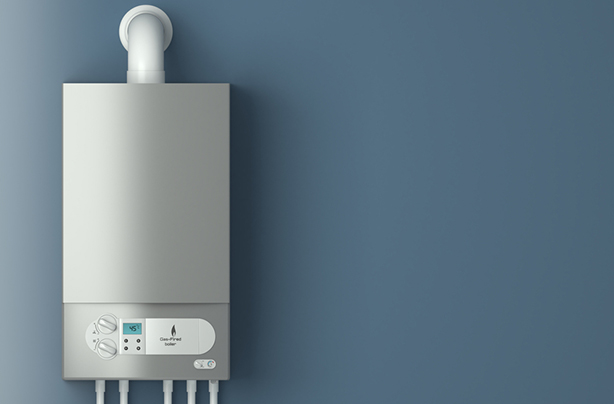Is my boiler broken? How to check if your boiler needs a service
Don't waste money by calling out an engineer unless you're sure your boiler's broken! Here, npower's engineer Charlie shares his advice to get your boiler going again

There's nothing worse than a broken boiler when it's cold outside!
If your boiler doesn't seem to be working, it could be a very simple problem that you can fix yourself, so don't panic and call out an engineer straight away as this will cost you around £100.
Here, npower's engineer Charlie Brenland, star of Channel 4's Undercover Boss, shares his advice on getting your boiler to work again:
1. Is your boiler on?
This might sound obvious, but you'd be surprised how many engineers get called to 'boiler breakdowns' where the boiler has simply been switched off or the gas and electricity supply to the home has stopped working. Firstly check your supply is still up and running. Then check to see if your pilot light is on.
If your pilot light has gone out, you should be able to relight or reset the boiler manually. How to do this will depend on the make and model of your system, so revisit your user guide for instructions.
2. Get to know your boiler
With the above point in mind, make sure you know how your boiler and central heating system works by reading through the user guide thoroughly. Has the temperature on your thermostat been turned down too low, or is your thermostat programmed incorrectly?
3. Prevent a freeze up
Condensing boilers proved one of the biggest problems last winter. This is due to the fact that most of them have a condensate pipe that runs outside the house and is prone to freezing.
GoodtoKnow Newsletter
Parenting advice, hot topics, best buys and family finance tips delivered straight to your inbox.
If you suspect you may have a frozen system, switch off your boiler and then try defrosting the pipe with a hot water bottle, hair dryer or by soaking a towel in warm water and wrapping it around the pipe. Under no circumstances should you ever use an open flame. You should then be able to simply re-set the boiler.
To prevent a freeze up from happening again, try to insulate the pipe with lagging which you can buy from a DIY or home improvement store.
4. Check your pressure
Combination boilers can sometimes stop working because of a drop in pressure. If you have a combi boiler, check the pressure dial to see if this is the problem and then inspect all your radiators and pipes for leaks. If you can't find a leak, you should be able to increase the pressure in your system manually. Combi boilers have a valve handle, which you can lift to slowly add more pressure into the system yourself. Make sure to switch your boiler off and consult the manual first as adding too much pressure into the system can be dangerous.
5. Bleeding radiators
If you can feel cold patches on your radiators, you might just have a build up of air that is blocking the system. Simply switch off your boiler for a few hours to make sure your system has cooled down and then bleed your radiators using a bleeding key. Turn the key anticlockwise in the bleed valve at the top of the radiator and you'll hear a hissing sound, which is the sound of the air releasing. Do this until water begins to drip out and close the value tight. If you still experience cold patches after this, your system may be blocked with sludge and need a chemical flush, which can be done by a professional Gas Safe registered engineer.
If you do all of the above and your boiler is still not working, you may need to call out a Gas Safe registered engineer. If you spot any of the following signs, it's definitely time to call in the experts:
* If your boiler flame is burning yellow rather than blue * If there is excess condensation or discolouring around your boiler * If you continually need to restart your system